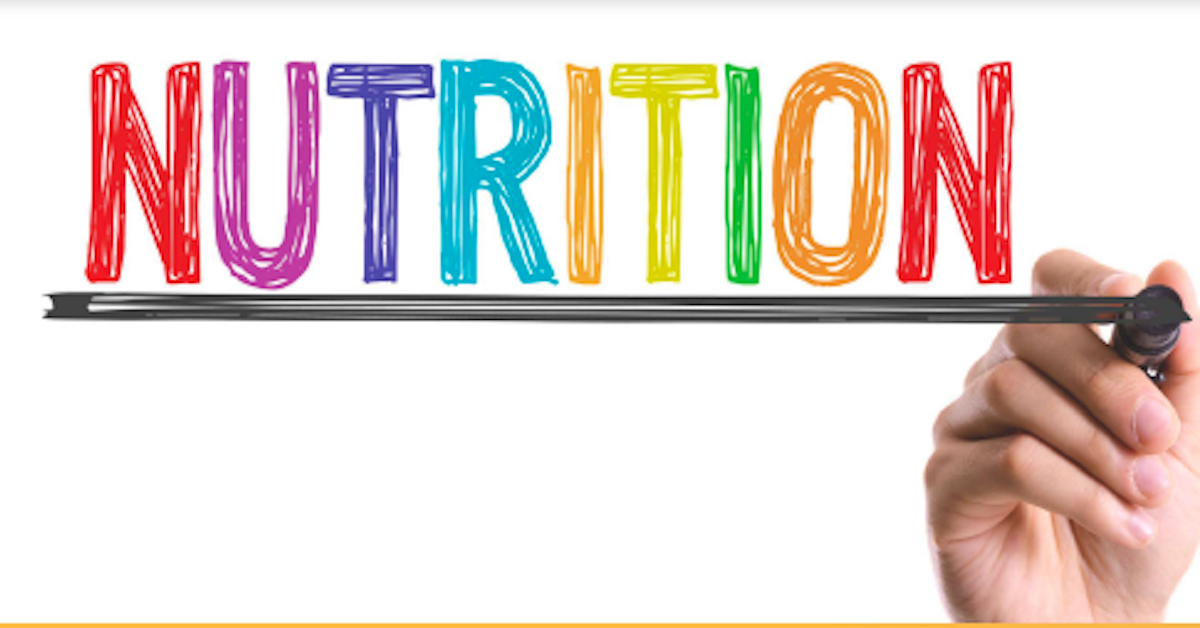Chewing Gum May Affect Blood Tests
Can chewing gum be another source of preanalytical variability in fasting outpatients
Methods
We studied 22 healthy volunteers. After a 12-hour overnight fasting, the first blood sample was collected between 8:00 and 8:30 a.m. Then, immediately after the first venous blood collection, the subjects started chewing the gum (declared sugar-free) for 20 min. Subsequent venous blood samples were collected at 1, 2, and 4 hours after chewing the gum. Significant differences between samples were assessed by the Wilcoxon ranked-pairs test.
Results
Among all the results, statistically significant differences (p < 0.05) between basal and × hours after chewing sugar-free gum were observed for the following parameters: cortisol, insulin, C-peptide, triglycerides, uric acid, urea, amylase, alanine aminotransferase, lipase, creatine kinase, total bilirubin, direct bilirubin, phosphate, iron, potassium, thyroid stimulating hormone, red blood cell count, hematocrit, hemoglobin, mean cell volume, red cell distribution width, white blood cell count, lymphocytes, neutrophils, and eosinophils; whereas, coagulation tests were not impacted by chewing sugar-free gum.
Conclusions
We recommend instructing the patients to avoid the use of chewing gum before blood collection for laboratory tests.
https://www.ncbi.nlm.nih.gov/pmc/articles/PMC7109498/#__ffn_sectitle..



Dr. Bill Rice